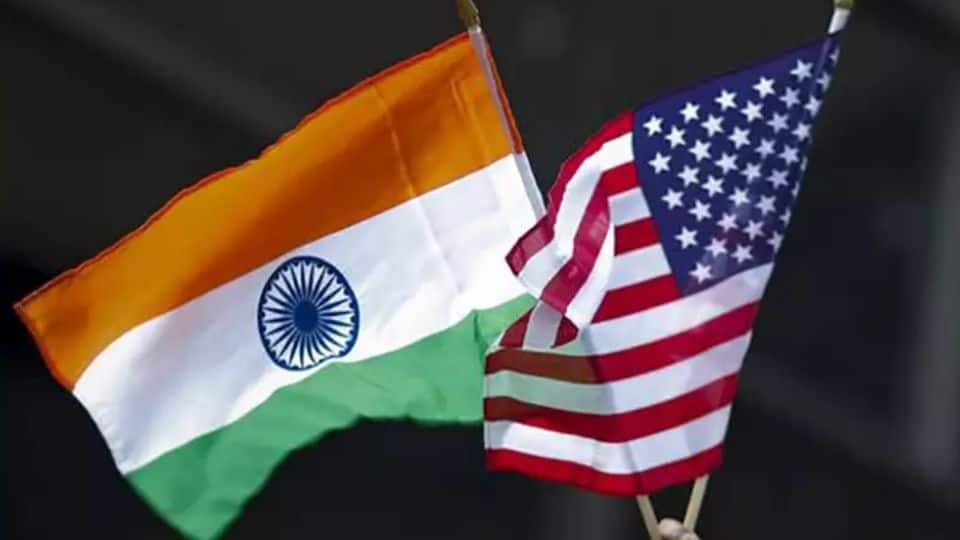
Cheats use Indian embassy telephone lines to fleece US people
What's the story
Fraudsters in the US have been cheating people for money by spoofing Indian embassy telephone lines.
The Indian embassy in Washington issued an advisory warning against entertaining any suspicious calls.
It advised people not to reveal any personal information or transfer any money in response to such calls.
It also informed the US government and launched its own internal investigation.
Here are the details.
Procedure
How are these fraudsters operating?
These fraudsters apparently seek personal information like credit card details or extort money from Indian nationals by claiming that there are errors in their passports, visa forms, immigrations forms, etc., which can be "rectified" by paying money.
Moreover, to trigger a sense of fear, fraudsters claim that if not rectified, this could result in deportation to India or imprisonment in the US.
Advisory
Now, what did the Indian embassy say in its advisory?
Indian nationals living in US made the Indian embassy aware about this issue.
Such calls were reportedly made from embassy telephone numbers while others simply used embassy identity.
Sometimes, fraudsters claimed to have received information from the embassy.
The embassy clarified that none of its officials make such phone-calls. If additional documentation is required, it is sought through emails "originating from the official domain."
Possible steps
So, what are the next steps?
For investigation, the Indian embassy has begun collecting information from the "duped" victims. This includes the bank account details where money was transferred.
Moreover, though spoofing technology is easily available, officials claim it's difficult to get to these calls' origin.
Fraudsters may not have spoofed Indian embassy phone numbers earlier.
In the past, US government has received such complaints from other diplomatic missions.
Safety first
As such fraudulent calls increase, how to stay safe?
Since fraudsters can be extremely professional, we should be careful.
It's important to be wary of such unsolicited phone calls, especially those seeking personal/financial details.
Further, banks never ask customers to transfer money or to give their 4-digit card PIN.
Scammers try to force the victim for a quick response while a genuine organization gives you the time needed to make an informed decision.